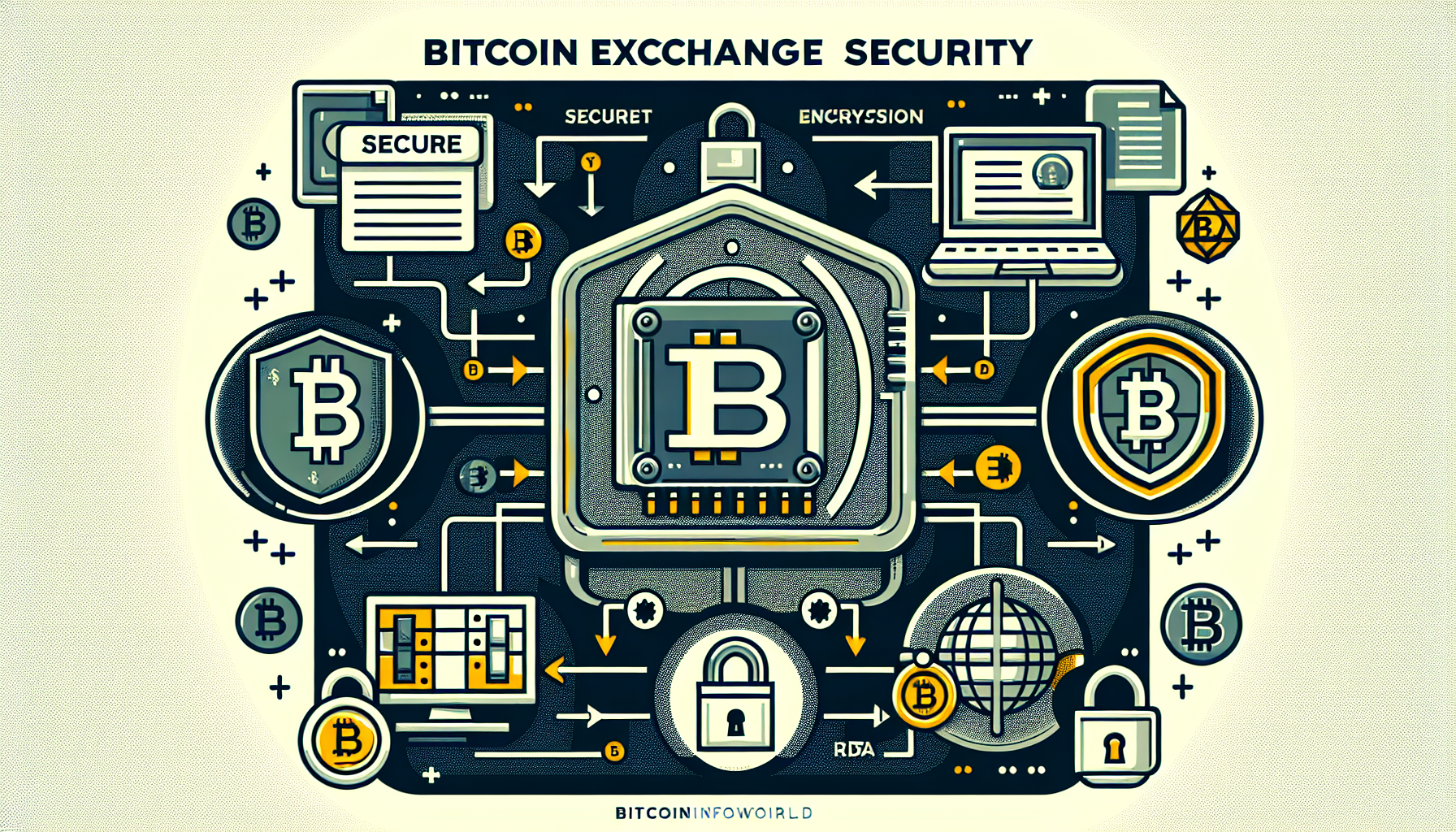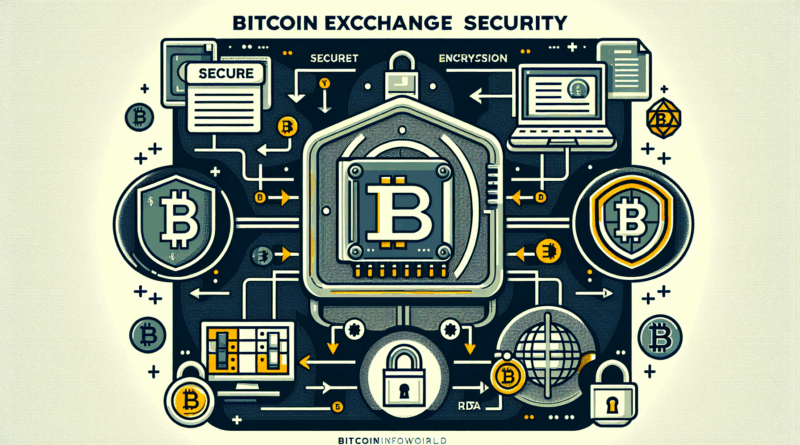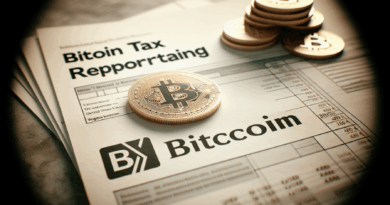Bitcoin Exchange Security Best Practices: Keeping Your Digital Assets Safe
Introduction: The Need for Security in Bitcoin Exchanges
Did you know that out of over 560 million cryptocurrency holders worldwide, only 23% understand how to securely store their assets? With a surge in digital currency transactions, the importance of Bitcoin exchange security has never been more critical. As a user, you need to ensure that your investments are protected against theft, hacks, and fraud.
Understanding Bitcoin Exchange Security
Before diving into specific best practices, let’s briefly cover the types of cryptocurrency exchanges available today:
- Centralized exchanges (CEX): These are managed by a centralized company and require users to trust the platform with their funds.
- Decentralized exchanges (DEX): Operate on smart contracts and allow users to trade directly without a central authority.
Each type has its security challenges. Let’s explore best practices for securing your assets in both environments.

1. Use Two-Factor Authentication (2FA)
Implementing Two-Factor Authentication is one of the simplest yet most effective methods to safeguard your exchange account. This extra layer of security means that even if someone obtains your password, they cannot access your account without the second form of verification, typically a one-time code sent to your mobile device.
2. Choose Reputable Exchanges
Not all exchanges are created equal. Always choose reputable exchanges with a proven track record for security. Look for platforms that:
- Have transparent operations and history.
- Implement regular security audits.
- Have robust insurance policies against theft and breaches.
3. Keep Your Software Updated
Coinbase and Binance frequently release updates to enhance security features. Ensure the app or software you use is updated regularly. Outdated software can leave vulnerabilities that hackers exploit, jeopardizing your assets.
4. Use Hardware Wallets for Long-term Storage
For those looking to hold Bitcoin or other cryptocurrencies for the long term, consider using hardware wallets like Ledger Nano X. These wallets ensure that your private keys are stored offline, significantly reducing the risk of hacking by as much as 70% compared to exchanges.
Local Compliance: Global Best Practices
If you reside in regions like Singapore, make sure you are aware of local regulations related to cryptocurrency trading and taxation. Following these guidelines not only keeps you compliant but can also enhance security through regulated exchanges and practices.
5. Educate Yourself about Phishing Scams
With the rise in digital currency transactions, phishing has also increased. Be wary of unsolicited messages or emails claiming to be from your exchange. Always verify the authenticity of communications before clicking on links or providing personal information.
Conclusion: Secure Your Bitcoin Transactions Today
Implementing these best practices not only enhances your security but also boosts your confidence in trading on Bitcoin exchanges. Remember, the responsibility of securing your digital assets lies with you. Take action today and safeguard your investments by choosing the right security measures!
For further resources, make sure to check out our detailed guides on how to safely store cryptocurrencies and the best Bitcoin exchanges of 2025.
For more insights and comprehensive guides related to digital currencies, visit bitcoininfoworld.
Author: Dr. Jane Smith, a cybersecurity expert with over 15 published papers in blockchain technology, and a lead auditor for several well-known cryptocurrency projects.




